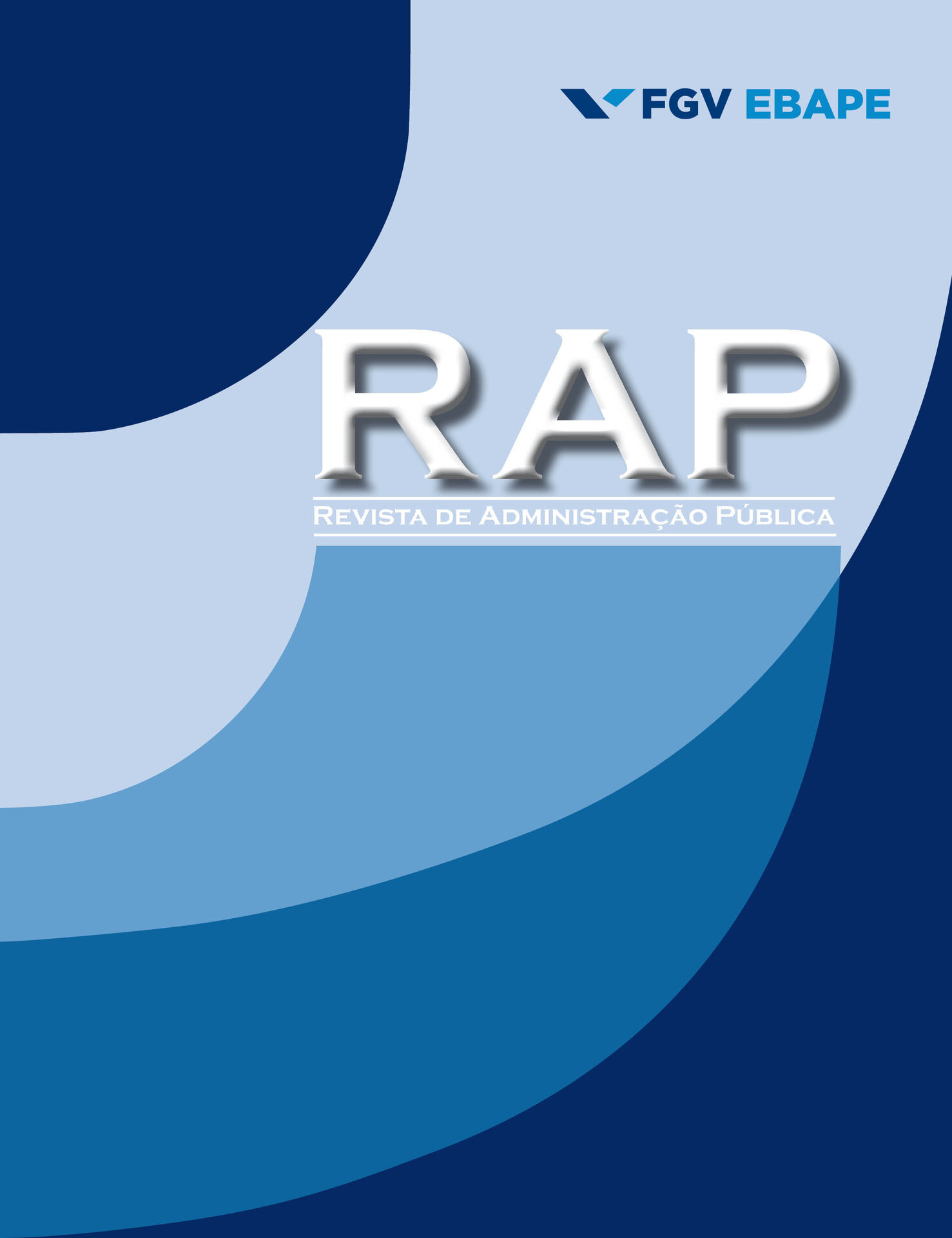Combating COVID-19 under Bolsonaro’s federalism: a case of intergovernmental incoordination.
This article analyzes how federalism has affected policy responses to the COVID-19 pandemic in Brazil. Through historical-institutional analysis, the study examines how the model of federalism adopted by President Bolsonaro’s government influenced policy responses to the pandemic in the country. In addition, the research points out the existence of two models of federalism in the case analyzed, addressing the outcomes of the confrontation between them. The first model refers to ideas and institutional structures that have emerged since the 1988 Brazilian Federal Constitution with cooperative features and strong federal coordination. The second, named “Bolsonaro’s federalism,” is based on a dualistic view of intergovernmental relations with little participation of the federal government in reducing territorial inequalities and supporting subnational governments, while centralizing issues of national importance and adopting a hierarchical stance. The study shows that Bolsonaro’s government increased the conflict with subnational governments and jeopardized the coordination of policy responses to the COVID-19 pandemic. We conclude that healthcare and federative crises go together and raise a key question: what is the importance of governmental coordination to implement policies to respond to the pandemic and its social and economic effects?
ABRUCIO, FERNANDO LUIZ; GRIN, EDUARDO JOSÉ ; FRANZESE, CIBELE ; SEGATTO, Catarina Ianni ; COUTO, Claúdio Gonçalves . Combating COVID-19 under Bolsonaro’s federalism: a case of
intergovernmental incoordination. RAP. Revista Brasileira de Administração Pública , v. 54, p. 663-677


